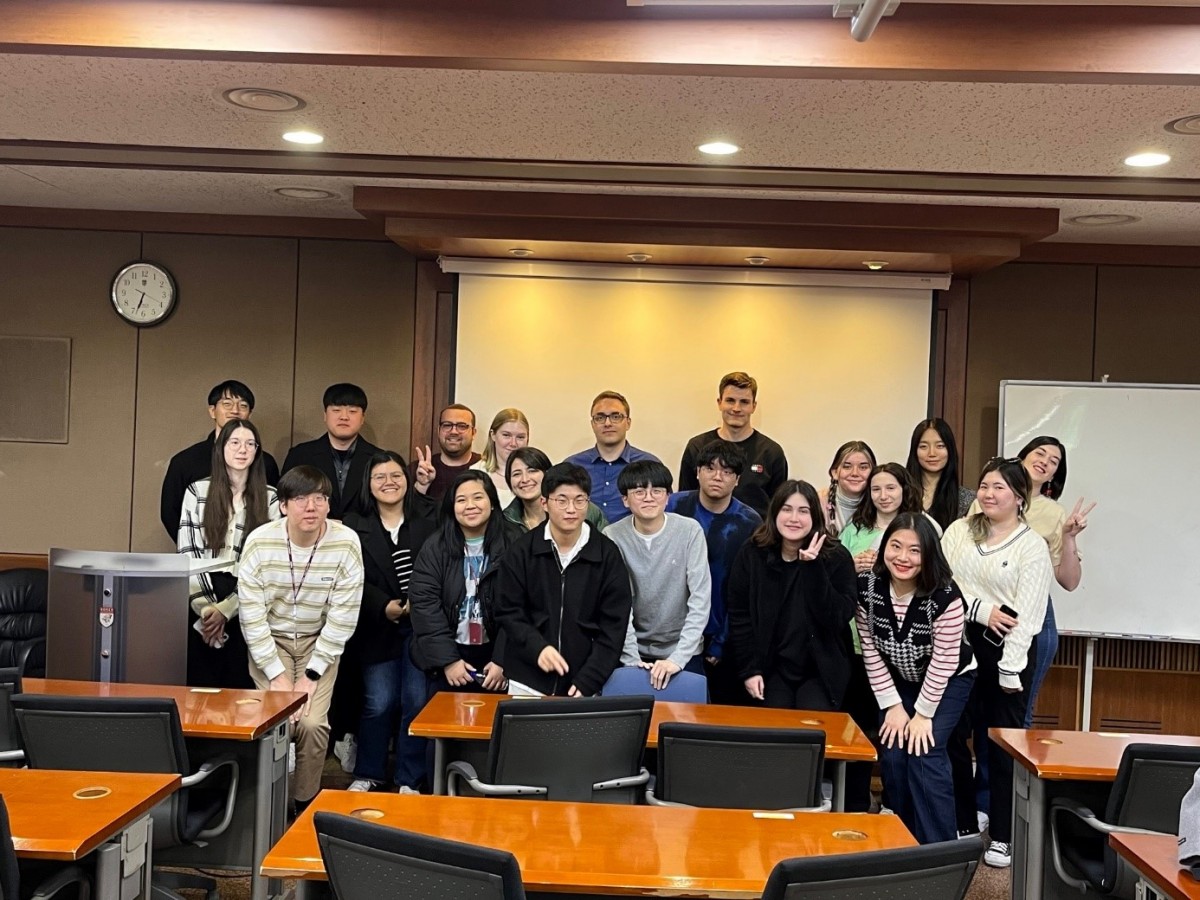EU Society: Second Meeting (March 28th)
페이지 정보

본문
The second session of the EU society was about nuclear energy and issues in the EU. The presentation “The EU and the basics of nuclear chemistry, power and engineering” was held by Sang-Jun Lee. The presenter shortly introduced himself and then went on to explain what nuclear energy is and went over some basic concepts e.g. what’s the difference between nuclear fission and nuclear fusion energy. One way to use nuclear energy is through a light water reactor which has different pros and cons. Different advantages and disadvantages of nuclear fission were mentioned. Nuclear fission produces cheap and CO2 free energy at a stable rate but a malfunction can be catastrophic. Building a reactor is also very expensive. The presenter went on to explain what nuclear fusion is and that it is a new field where a lot of research is being conducted recently. The biggest advantage of nuclear fusion energy is, that nuclear fusion does not create nuclear waste and the energy it produces can be used indefinitely. Still, there is not enough research on this field and the heat that nuclear fusion creates might be hard to control. The presentation continued with a look at the EU and how nuclear energy is used. 25% of the energy in the EU comes from nuclear sources (its decreasing in recent years) but there is no common EU nuclear energy strategy. Afterwards, the two biggest nuclear incidents in human history were mentioned and explained, Chernobyl and Fukushima. This affected many EU countries, e.g. Germany decided to shut down their nuclear power plants. Some future prospects for nuclear energy in the EU were mentioned before the floor was opened for the discussion part. One question asked was about why the nuclear fusion field is not so researched on and why states don’t invest in that research. This is because it requires a lot of energy in the beginning to work and there are potential drawbacks that might be unknown currently. Another question asked was about the safety of nuclear fusion but there is no distinctive answer to this question because more research is needed on that field.
After finishing
the discussion round, a short interest check for future EU society events was
held. Members
of the EU society were then invited to have dinner together.
- 이전글EU Society: Third Meeting (April 11th) 23.04.17
- 다음글EU Society: 1st Meeting (Orientation) 23.04.05
댓글목록
등록된 댓글이 없습니다.










